You may have noticed that, in all the posts, are pictures of British Army soldiers and equipment involved with field defences.
This was deliberate to illustrate a point that it is not ignoring the subject, far from it.
At unit level, in the Royal Engineers, and across the MoD such as DSTL, there are people looking, developing, testing and doing. Whether that is specialists in force protection engineering and geology, to plant operators, civil engineers and those fine people of the Engineering and Logistic Staff Corps
I would also imagine there are reservists from the agriculture, building, and forestry industry with expert levels of knowledge and experience of current practice and equipment.
Many of them won’t be in the combat engineering house either.
We actually have an almost embarrassment of riches.
To that, I would add British industry.
Again, where possible, I have showcased British manufacturers in this series, from those that make nets and fencing products, to those that build forestry trailers and cone crushers, and battle trench and shelter construction systems.
Yet more to add to the mountain of actual and potential capability we have the great fortune to sit atop.
The problems we face in ‘doing more’ are those of time and money.
These are not isolated, and neither are they divorced from institutional inertia and wanting to avoid being locked into a static mindset.
There is a danger that too much focus on defence leads to being fixed in place, isolated, and destroyed by manoeuvre
Every hour spent digging a battle trench is an hour not spent on skill at arms training, and every Pound we spend on drone nets is a Pound not spent on drones.
Field defences and force protection engineering has to compete for time in a busy training calendar and finance in an overheated budget.
It is, therefore, a discussion on organisational priorities and gazing into the crystal ball of future conflict, and not for me.
I truly hope you enjoyed reading the series, even if not wholly.
It started as a discussion of what a modern MEXE Shelter might look like and kind of snowballed from there!
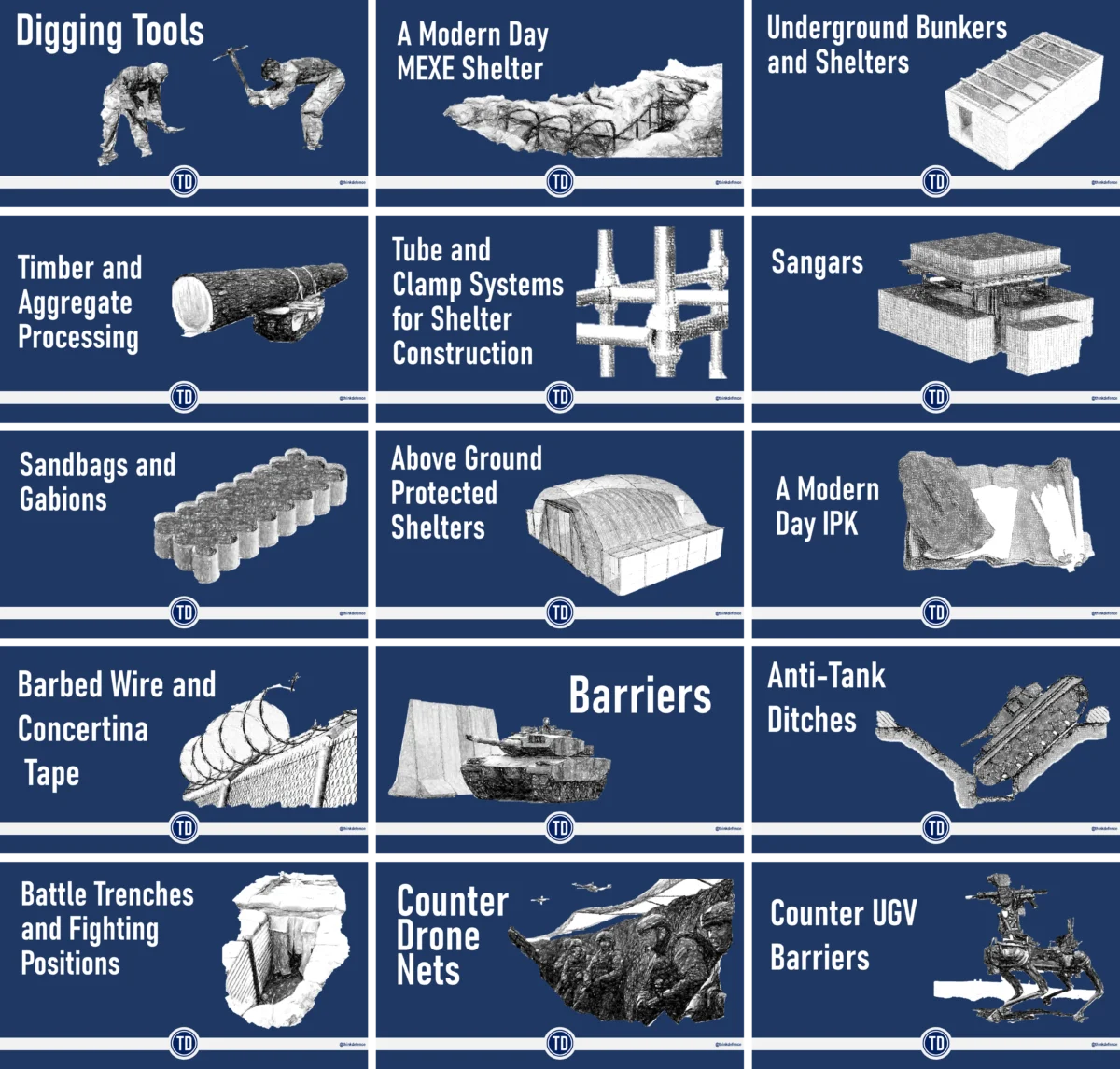
In the finest tradition of the Internet ‘modest proposal’ meme, I would like to put forward a few ideas, from among the thousands of options in this series.
We could focus more on detection avoidance, in an age of pervasive drone surveillance and loitering munitions, can we rely on basic cam nets? Multispectral camouflage is not just for vehicles, it can be at the individual level. We rightly spend, £10k on optics for a rifle, is a thermal poncho really beyond us?
We could also look beyond the traditional defence primes and even defence focussed SMEs. There are hundreds of applicable systems from UK and non UK manufacturers, we can’t just publish a requirement and hope they put two and two together. Active exploitation, seeking their products, getting their technical people and users/practitioners involved. Get the MoD’s credit card out and get among them.
As I mentioned above, we have the skills, across the defence enterprise, and we even have development and experimentation units to evolve concepts. It is more difficult to say this than do this, but are we pleased with fifties era defence stores and designs national servicemen would be familiar with?
Training estate is another thorny issue that is more difficult than imagined. We could perhaps go back to BATUS, or more realistically, partner with other NATO nations and develop locations for both trials and practice.
Drones aren’t going away.
And finally, let’s realise the value of this stuff in the urban.
Thanks for your valuable time, see you in the comments.
Think Defence is a hobby, a serious hobby, but a hobby nonetheless.
I want to avoid charging for content, but hosting fees, software subscriptions and other services add up, so to help me keep the show on the road, I ask that you support the site in any way you can. It is hugely appreciated.
Advertising
You might see Google adverts depending on where you are on the site, please click one if it interests you. I know they can be annoying, but they are the one thing that returns the most.
Make a Donation
Donations can be made at a third-party site called Ko_fi.

Think Defence Merch
Everything from a Brimstone sticker to a Bailey Bridge duvet cover, pop over to the Think Defence Merchandise Store at Red Bubble.
Some might be marked as ‘mature content’ because it is a firearm!
Affiliate Links
Amazon and the occasional product link might appear in the content, you know the drill, I get a small cut if you go on to make a purchase
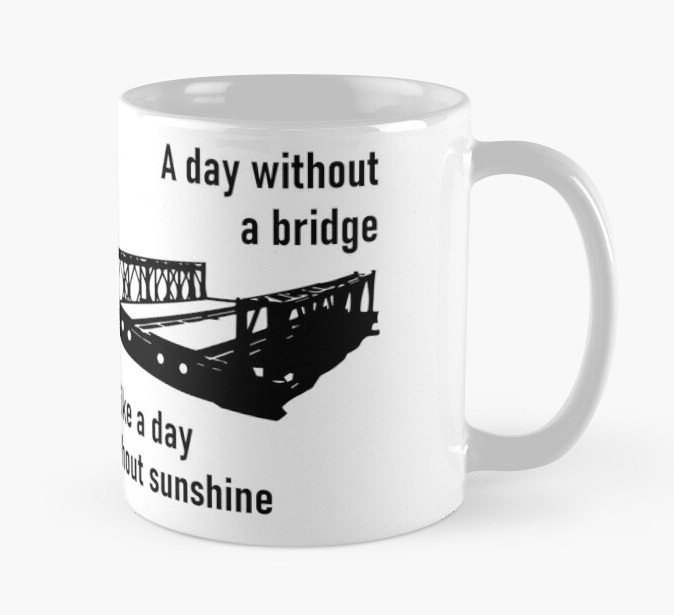
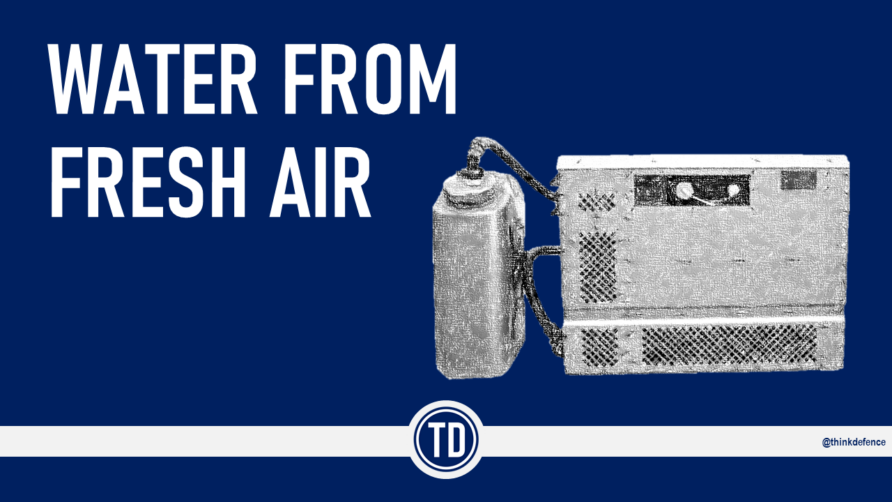
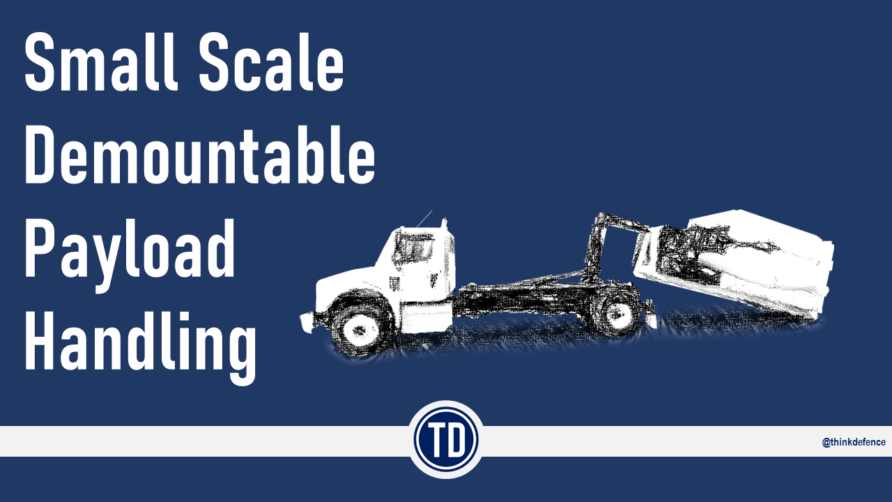
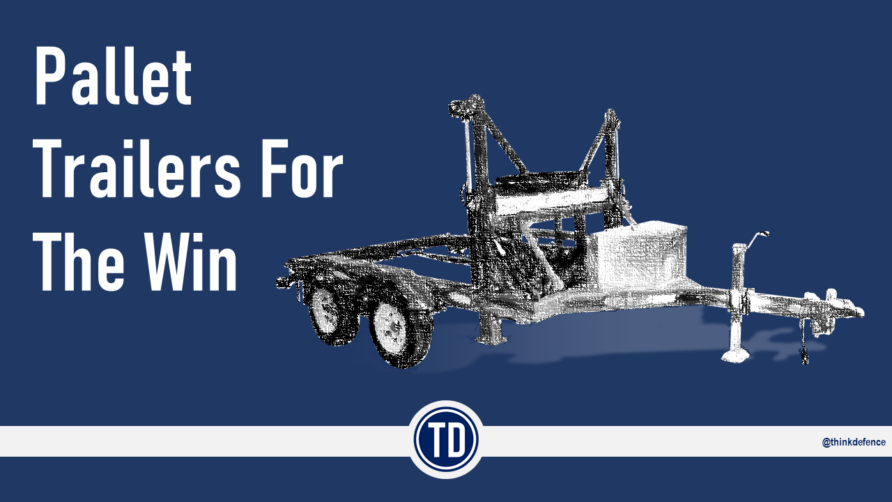
Infantry have been digging holes since the Romans raised the first pale and probably before. After load carrying and knowing how to move across ground 'digging' is probably the next important skill. It probably comes before trigger pulling!
'Digging' is a skill. It is something that has to be learned. It is a cheap skill to learn. Learning to lay out a defensive scheme is a skill.
There always has to be a balance between offence and defence. Passive defence tends to be cheaper than offence. But some of the systems you have described aren't field defences more semi-permanent or cheap permanent. Modern warfare is to fluid now. There are no front lines as many have said. Being in the field to me has a different meaning to being within the lines.
Very interesting stuff. Thanks.
Congratulations, Think Defence. A timely and hugely informative piece of work which will be a key source for the team revisiting Pam 2 throughout Feb. Thank you!
Please email me for a comment that I do not want posted.
I have views on the design of dismounted infantry fire positions, 4 and 6-man underground shelters, a modernised IPK, the LMD, the LWT and the use of tipper trucks. I believe that the evidence of the Ukraine War shows that digging in and counter-surveillance are two skills much required and that the British Army could greatly benefit from some Cold War lessons combined with modern materials and engineering technique.
Very well done on producing the large piece of work on defensive positions and trenches!
This all does make you think whether an infantry battalion should have 30 mini-diggers with augers.
I remember when I worked in logistical support for a major utility how important mini-diggers were to accessing mains pipe quickly. I was always surprised by how there weren't more of them per depot. But with them being PLC's you know keeping cash in the company was more important than the front line have useful kit.
I sub to this channel and the latest video popped up and I thought you would find it interesting.
https://www.youtube.com/watch?v=IVU_7XYRGME&ab_channel=Combination-K
You really do need a thread so others can leave 'finds' for you…………..
Yours…………..X
Have you seen this?
https://relong-tech.com/product/amphibious_truck_t30
I have seen pictures of this machine but never have I see one running……….
https://www.youtube.com/shorts/pzS-dcONC3c